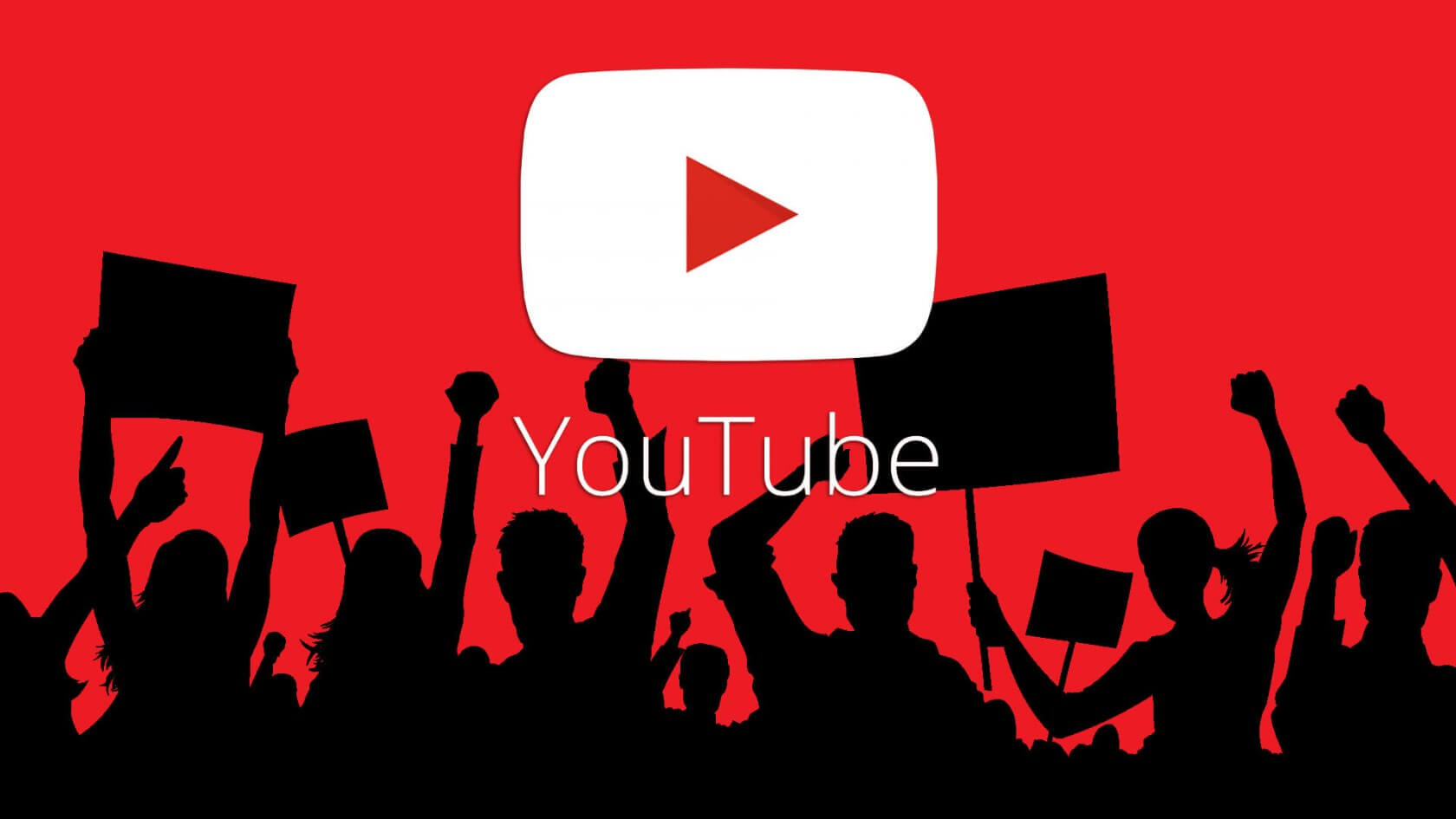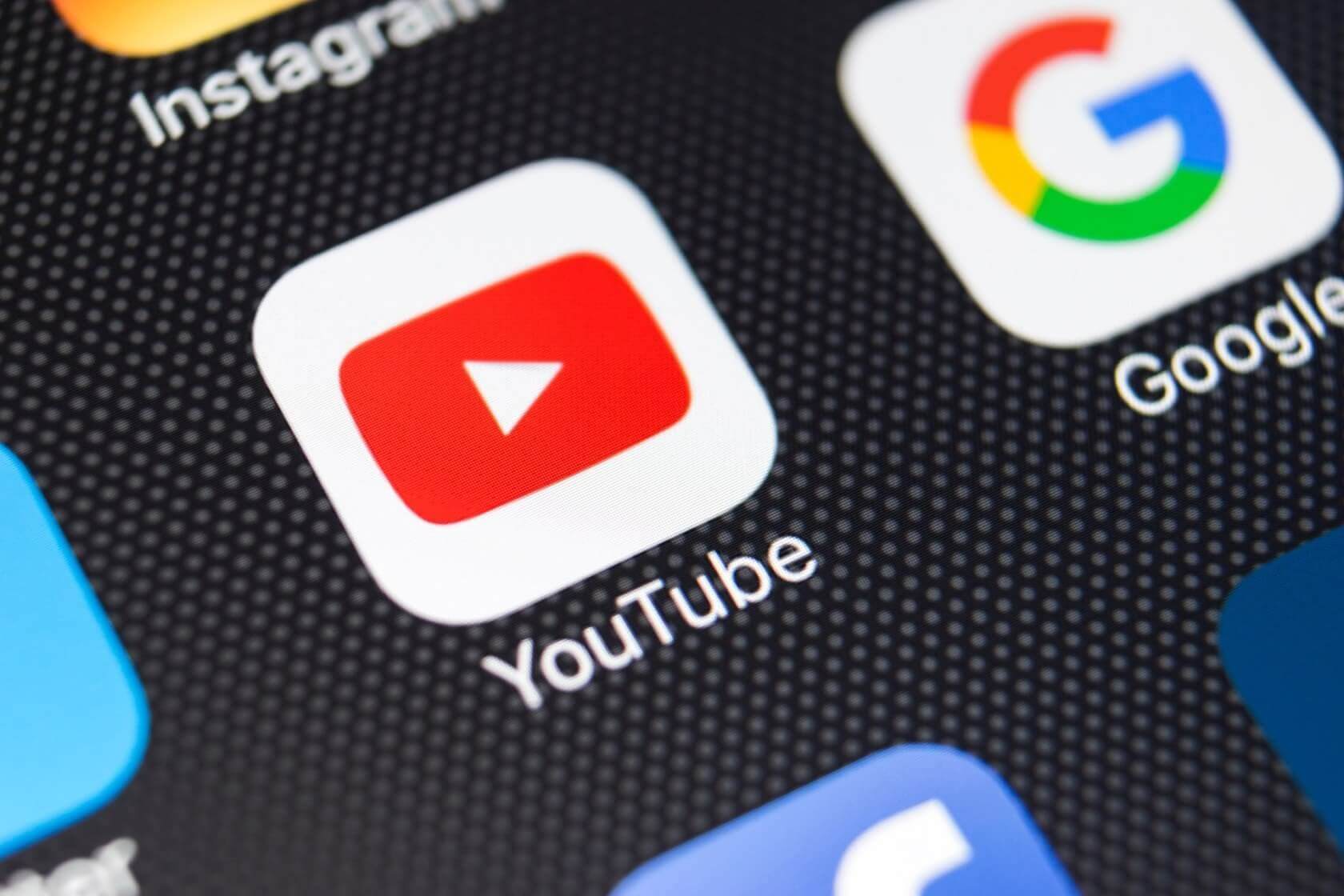In context: After years of dealing with false or allegedly unfair copyright strikes, "Content ID" claims, and seemingly-arbitrary demonetization, YouTube creators are finally beginning to receive some relief from the platform. Recently, YouTube began to test a pilot program that lets demonetized creators get their earnings switched back on, and now, the company is taking further steps to help creators by curbing the "aggressive" use of the Content ID system by copyright holders.
Before we get into that, some context: the Content ID system allows copyright holders to look for matches between their content and the audio or video of various YouTube clips.
If a match is found, copyright holders are given several options to handle the situation: they can ignore it (which rarely happens), mute any audio that matches their music, block the entire video from being viewed, and run (or continue to run) ads on the video and snag the revenue for themselves.
Naturally, this is a controversial system. Many YouTubers have had their revenue swiped for including just a few seconds of a copyright holder's content. In some rarer cases, YouTubers report that they've received Content ID claims for merely singing or speaking some song lyrics.

So, how is YouTube addressing this? As their announcement blog post states, the company will block copyright holders from using the Manual Claim Content ID tool to monetize entire videos that contain "very short" or "unintentional" uses of music. An example of unintentional use could be a video blogger recording a clip in a store with music playing in the background.
Unfortunately, this news is bittersweet. Yes, copyright holders can no longer monetize videos for including short pieces of copyrighted material, but they still might choose to block monetization outright (while leaving the video up) or even prevent the video from being seen by anyone.
"We acknowledge that these changes may result in more blocked content in the near-term, but we feel this is an important step toward striking the right balance over the long-term,"
YouTube is aware of this possibility. "We acknowledge that these changes may result in more blocked content in the near-term, but we feel this is an important step toward striking the right balance over the long-term," the company stated.
In other words, YouTube seems to be hoping that copyright holders will eventually give up when they realize they can't earn potentially-significant amounts of money for minor copyright infractions.
Only time will tell whether or not that gambit will pay off. For the sake of creators everywhere, we hope this decision doesn't backfire. Of course, it's worth noting that creators can still dispute Content ID claims if they so choose.
Image credit: Shutterstock, Marketing Land
